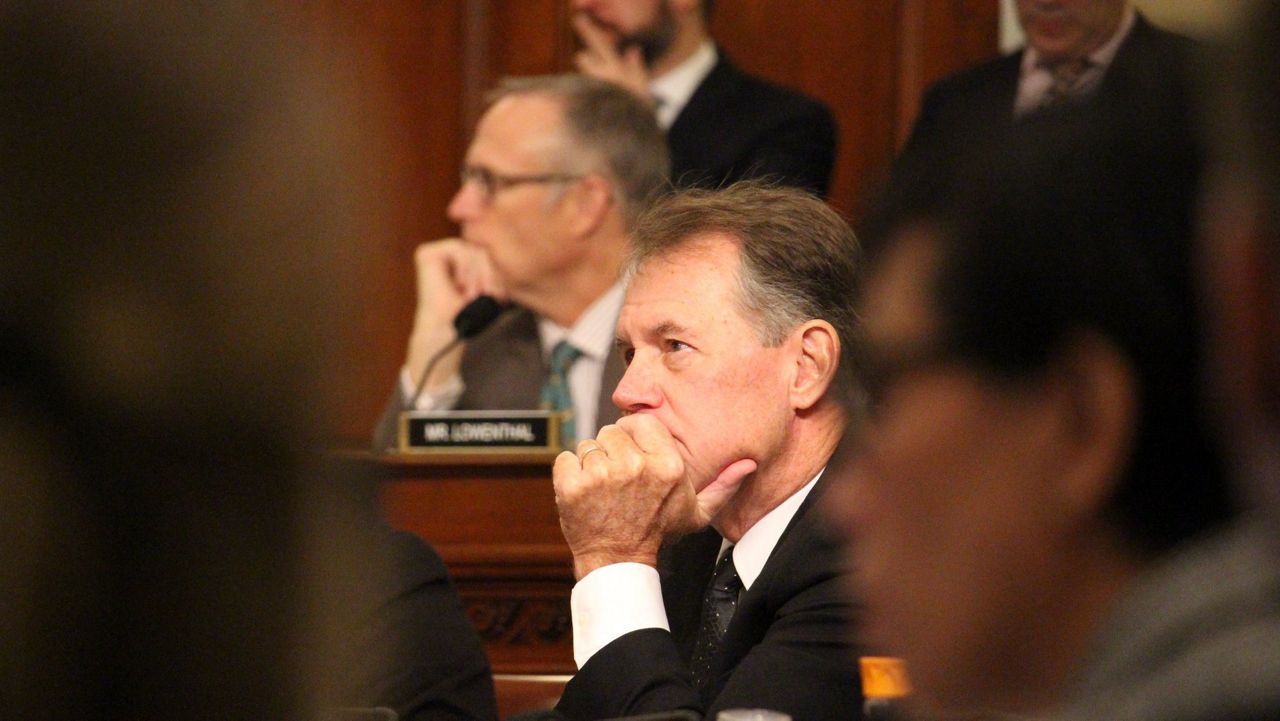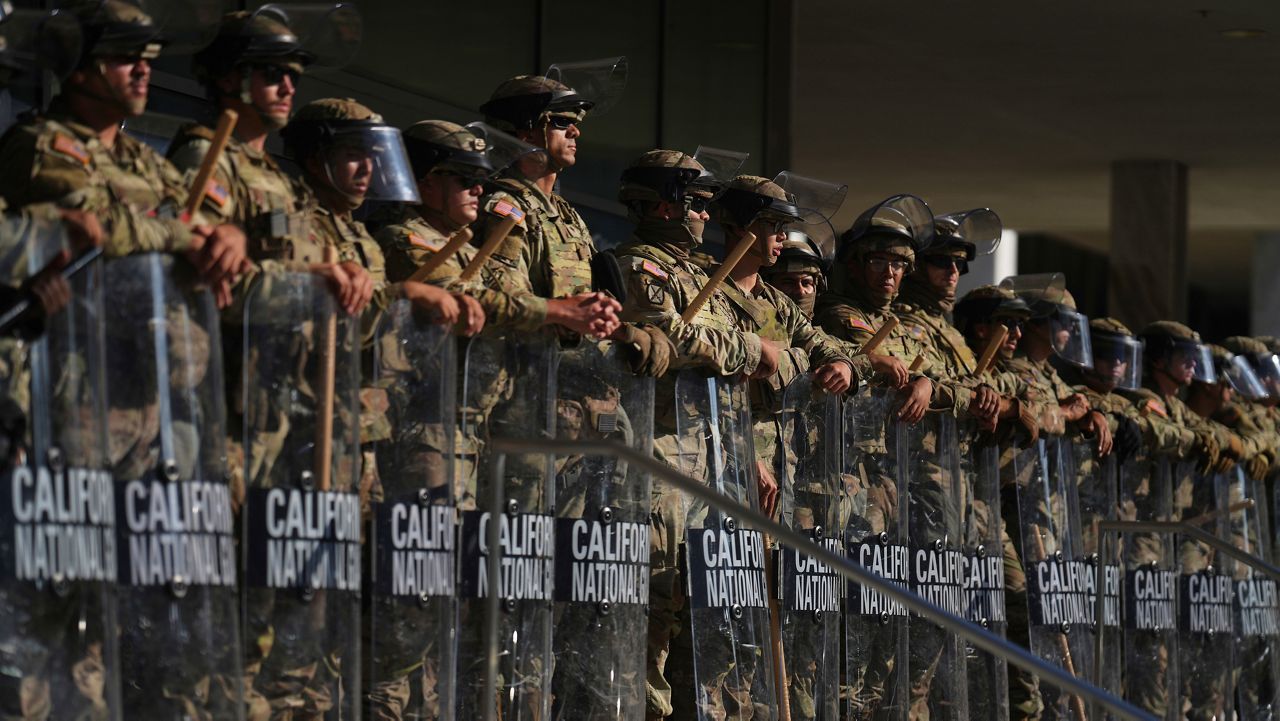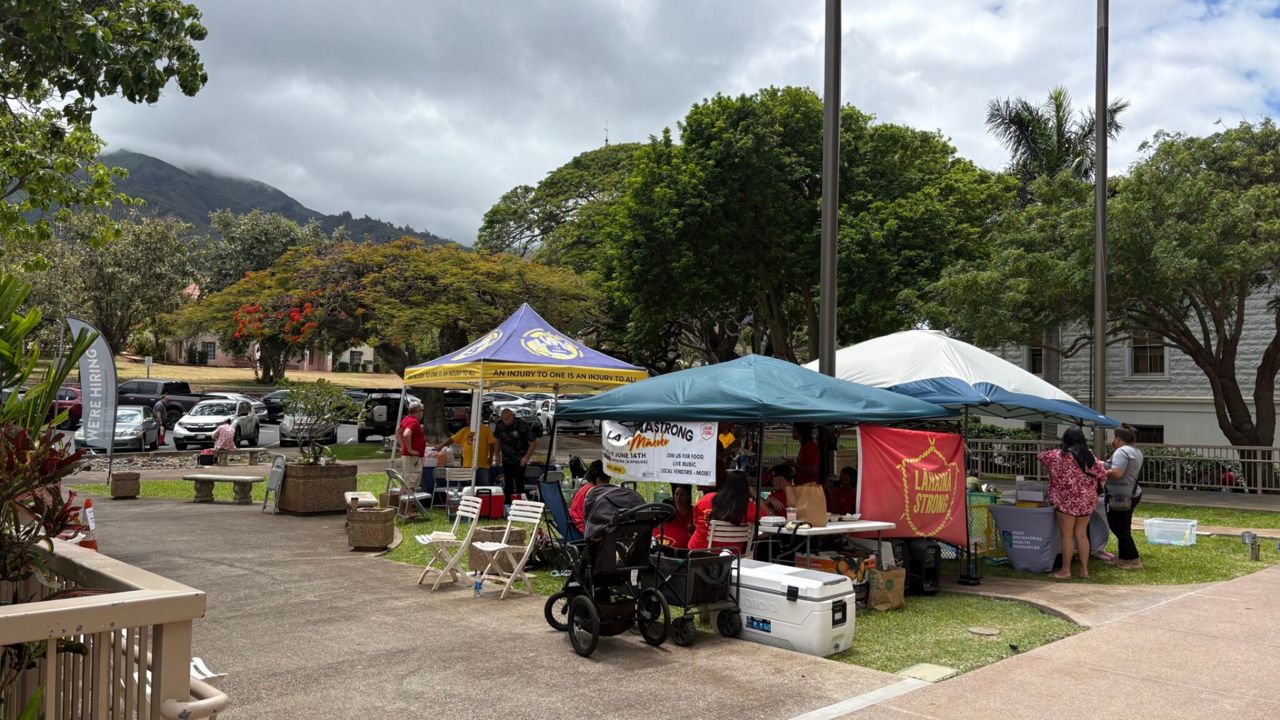HONOLULU — A foreign attack on Hawaii would almost certainly elicit a response from the United States’ allies in NATO, even if Hawaii is not technically included under the alliance’s umbrella of protection, according to the U.S. State Department.
The issue was recently raised by members of Hawaii’s Congressional delegation in light of China’s ongoing efforts to broaden its influence in the Indo-Pacific and both China and North Korea’s suspected military support of Russia.
While Article 5 of the North Atlantic Treaty assures that an armed attack on any NATO member would be considered an attack on the coalition and therefore subject to a collective NATO response, Article 6 more specifically limits the inciting act as an armed attack on “the territory of any of the parties in Europe or North America, on the Algerian Departments of France, on the territory of Turkey or on the Islands under the jurisdiction of any of the parties in the North Atlantic area north of the Tropic of Cancer,” or on forces, vessels or aircraft deployed in these areas.
Article 4 of the treaty does allow NATO members to consult whenever the “territorial integrity, political independence or security” of any of them is threatened, a mechanism Secretary of State Antony Blinken affirmed during a 2022 Foreign Relations Committee hearing would apply to an attack on Hawaii or any U.S. territory.
In May, U.S. Rep. Ed Case, D-Hawaii, transmitted a letter to Blinken asking for confirmation that the United States would in fact invoke Article 5 and that NATO allies would honor the commitment in the event of an attack on Hawaii. Case also asked whether a formal amendment to the treaty, which was originally enacted when Hawaii was still a U.S. territory, to codify such an understanding would be feasible.
In the letter, Case called Hawaii’s exclusion “a historical anachronism.”
“While the U.S. is party to multiple defense treaties in the Indo-Pacific and I am confident that our NATO allies would support our country if locations outside of the Article 6 bounds, like Hawaii or Guam, were attacked, not everyone shares this view,” Case wrote. “There is a reasonable level of concern that at least some of our NATO allies might not consider Article 5 invoked if we are attacked in the Indo-Pacific.”
Last week, a bipartisan group of U.S. senators led by Sen. Brian Schatz and including Sen. Mazie Hirono, both D-Hawaii, echoed Case’s concerns in a separate letter to Blinken asking for an amendment to the treaty that would cover Hawaii.
This week, Philip Laidlaw, principal deputy assistant secretary of the Bureau of Legislative Affairs, responded to Case’s letter on behalf of Blinken.
“First and foremost, let me assure you in the words of Secretary Blinken that any attack on the United States or its territories, even if outside of the geographic scope of Article 5, would almost certainly draw Allied reaction, including the consultation procedures under Article 4 of the treaty,” Laidlaw wrote. “This includes Hawaii, Guam, Puerto Rico, the U.S. Virgin Islands, American Samoa, and any other U.S. Indo-Pacific locations.”
However, Laidlaw wrote, “an amendment to the treaty to cover Hawaii and/or U.S. territory outside of the North Atlantic area would be unlikely to gain agreement by consensus within the alliance as the United States is not the only ally with territory outside this defined treaty area.”
Laidlaw acknowledged that Euro-Atlantic and Indo-Pacific security are increasingly interconnected, as reflected in the participation of Australia, Japan, New Zealand and the Republic of Korea in last week’s NATO Summit.
“It is encouraging to hear that the Department of State believes NATO allies would generally support our country if Hawaii was attacked,” Case said. “While I appreciate the Department of State’s response, it is clear more needs to be done on this issue. These assurances are helpful while we continue to pursue possible next steps, including communication directly with NATO and legislative action.”
Michael Tsai covers local and state politics for Spectrum News Hawaii. He can be reached at michael.tsai@charter.com.








